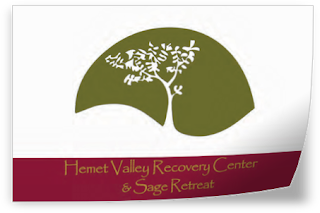Recovery is all about creating and sticking to new habits. It can be challenging to “unlearn” the patterns you were once dependent on, but incorporating new, healthier habits and intentions into your daily life can help you sustain your recovery and feel more energized.
1. Eat well.
Hunger is a physiological trigger for addiction. When you’re hungry, you can start to develop cravings–not just for food, but for substances–which can lead to relapse. Eat when you’re hungry.
Be mindful of the foods you are eating. A diet rich in fresh produce and whole grains can make you feel balanced, but one that’s high in processed foods and sugar can leave you feeling quite the opposite.
Many people in recovery eat excess amounts of sugary foods because sugar activates the same parts of the brains as drugs and alcohol. Although it may taste good in the moment, it causes blood sugar levels to spike and plummet rapidly, which can lead to relapse.
2. Be active.
We don’t get nearly enough physical activity, so it’s essential to get into the habit of regular exercise or at least movement. Physical activity is easy to adapt to suit your lifestyle, whether that means a daily walk around your neighborhood, sessions with a personal trainer or vowing to take the stairs instead of the elevator.
Over time, exercise can teach the body how to regulate brain chemistry, strengthen the mind-body connection, improve self-confidence and serve as an outlet for stress-relief, all things that can help boost recovery.
3. Get plenty of rest.
You can attend all the therapy sessions, cook all the healthy meals and get all the exercise you want, but it’s all useless if you’re not getting enough sleep. Sleep disturbances are common during the early stages of recovery, and research shows that they can increase the risk of relapse.
When you’re well rested, you just feel better. Without quality, restorative sleep, it’s much more challenging to deal with stress, manage your emotions and stay focused–things that can lead to a relapse. Limit caffeine consumption, don’t eat a big meal right before going to bed and establish a bedtime routine to develop better sleeping habits.
4. Develop new hobbies and interests.
In the early stages of recovery, it’s tempting to revert to your old patterns, many of which are destructive and serve no purpose in helping you achieve and maintain sobriety. Create more positive patterns for yourself by developing new hobbies and interests, or revisiting hobbies you’ve put off over the years. As you become more engaged in your interests and increase your knowledge, you’ll start moving away from self-destructive patterns and toward more satisfying habits.
These hobbies or interests don’t require major life changes. Reading more books, taking a cooking class or going back to school are simple things that can help you feel better than you ever have.
Recovery is an ongoing process that isn’t always easy, but replacing negative, destructive behaviors with healthy habits can help you feel more grounded as you navigate sobriety. If you or your loved one is in need of addiction treatment, Hemet Valley Recovery Center’s programs can help. For more information, contact us at 866-273-0868.


